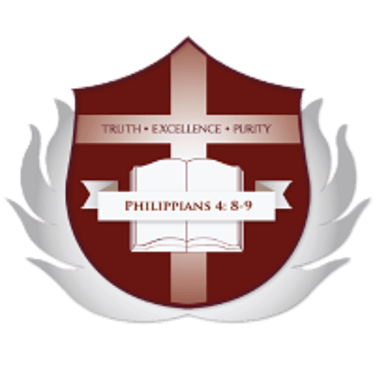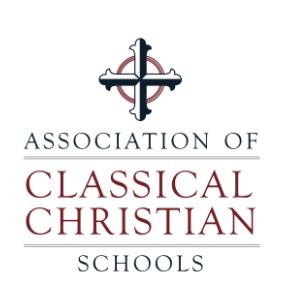Laws and Government Regulations
Legal Status of Homeschooling and Equivalency Examinations


Although the Government of the Republic of Indonesia is currently drafting a new National Education System Law to replace Law No. 20 of 2003, we as Indonesian citizens can be grateful that since 2003, the government has provided broad recognition and support for homeschooling, which is categorized as informal education under Law No. 20 of 2003. The government has promised that the new National Education System Law will not only continue to recognize the existence of homeschooling but will also simplify the equivalency process with formal education.
Article 27 of Law No. 20 of 2003 explains informal education as follows:
Informal education activities conducted by families and communities take the form of independent learning activities.
The outcomes of informal education as referred to in paragraph (1) shall be recognized as equivalent to those of formal and non-formal education after the learner passes an examination in accordance with national standards.
Provisions regarding the recognition of informal education outcomes as referred to in paragraph (2) shall be further regulated by government regulation.
According to the Regulation of the Minister of Education and Culture of the Republic of Indonesia No. 129 of 2014 on Homeschooling (Permendikbud No. 129/2014), it is stated that diplomas earned by homeschooling students are equivalent to those issued by formal schools. Through an equivalency procedure, the government guarantees that homeschooling students may transfer to either formal or non-formal education pathways, and vice versa. Article 12 of Permendikbud No. 129/2014 also states that homeschooling students are allowed to participate in national exams (UN/UNPK) administered by formal or non-formal education units.
Based on Article 116 of Government Regulation of the Republic of Indonesia No. 17 of 2010 on the Management and Implementation of Education (PP No. 17/2010), informal education is conducted by families and communities in the form of independent learning activities.
Article 117 of PP No. 17/2010, Point 1, affirms that the outcomes of informal education may be recognized as equivalent to those of non-formal and formal education after undergoing an equivalency examination that meets the National Education Standards. These examinations include:
Paket A, equivalent to the Elementary School (SD) diploma
Paket B, equivalent to the Junior High School (SMP) diploma
Paket C, equivalent to the Senior High School (SMA) diploma
Distance Education
Article 125 of PP No. 17/2010 also discusses distance education in the informal education pathway, which can be delivered through television broadcasting, radio, films and videos, websites, printed media publications, mobile phone transmissions, and other forms of information dissemination to the public.


